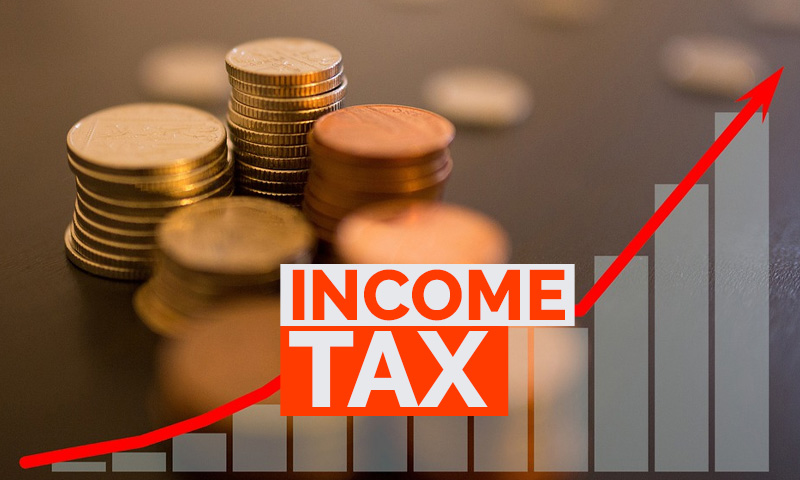Introduction
The decision in DCIT v. Smt Aruna Chandok by the Delhi Bench of the Income Tax Appellate Tribunal (“ITAT”) on 5 September 2023 put light on a critical area of taxes in India – the handling of bonus shares under the Income Tax Act (“IT Act”). The ITAT has unambiguously indicated in this landmark judgment that income tax is not taxable on bonus shares under the category “income from other sources.”This decision has far-reaching repercussions for individual Indian shareholders and investors, since it defines the taxable position of bonus shares and emphasizes the principles of justice and equality in taxes. This post examines bonus shares, the ITAT’s decision, and its ramifications.
Bonus Shares
Before getting into the complexities of the ITAT’s decision, it is necessary to understand what bonus shares are and why they are so valuable in the corporate world. Bonus shares, often known as “scrip dividends or capitalization issues,” are free additional fully paid up shares issued by a firm to its current shareholders. These shares are distributed to owners in proportion to their present stakes. Bonus shares are often awarded from the firm’s retained earnings or free reserves, with no capital outflow from the company. Instead, they represent profit capitalization and a way for the corporation to reward its loyal shareholders.
Brief Facts of the Case
An individual assessee got bonus shares and bonus units from Tech Mahindra Ltd. and JM Arbitrage Advantage Fund-Bonus Options in DCIT v. Smt. Aruna Chandok. The Assessing Officer (“AO”) attempted to tax the bonus shares and units under section 56(2)(vii)(c) of the IT Act, arguing that they provided the assessee with a twofold advantage. However, in its wisdom, the ITAT dismissed the AO’s claim and reaffirmed the concept that bonus shares do not constitute income for the recipient. In its decision, the ITAT made numerous significant remarks.
Ratio of the case
The Tribunal held that bonus shares do not lead to increase in income or new cash flow for the share holders, rather it is issued from existing reserves from the company. The recent judgment by the Income Tax Appellate Tribunal’s Delhi Bench is a significant step in the field of taxation in India. It clarifies the Income Tax Act’s approach of bonus shares, emphasizing that they do not constitute income for the recipient. Bonus shares, on the other hand, are a capitalization of earnings and a reshuffling of existing rights to the company’s wealth.
Conclusion
This judgment maintains not only established legal standards, but also the ideals of justice and equality in taxes. It guarantees that persons who get bonus shares are not overburdened with additional tax responsibilities for a transaction that yields no immediate financial advantage. As investors and shareholders navigate the complexity of India’s tax landscape, they may take comfort in the knowledge that bonus shares are not taxed under the category of “income from other sources.” This clarity not only benefits individual taxpayers, but it also pushes the country’s taxation structure to be more transparent and egalitarian.
Written By: Vartika Chahal

